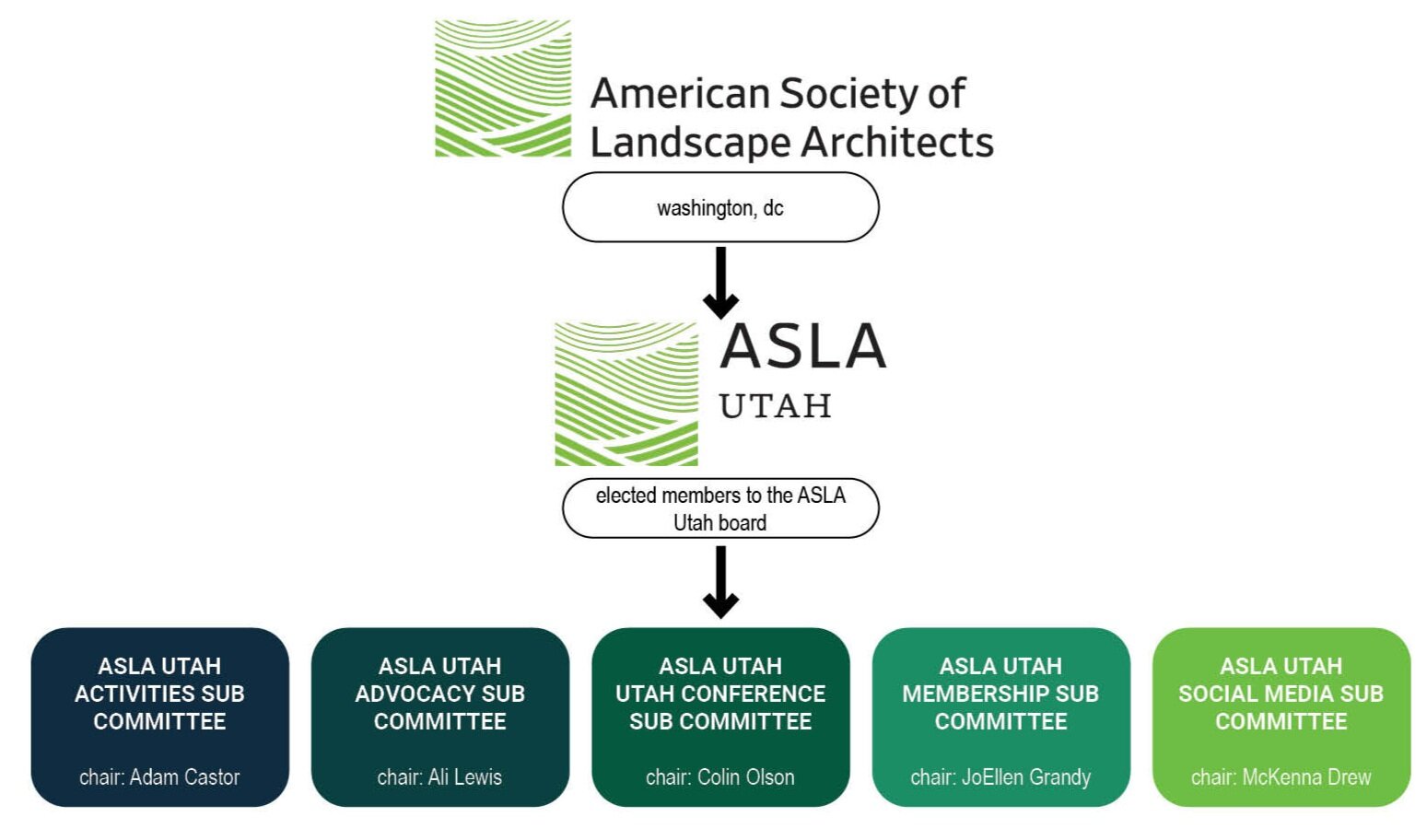When Pittsburgh’s city leaders sought a more efficient waste collection process, they turned to the Victor Stanley Relay™ smart waste management system. This data-driven solution fit hand-in-glove with their ambitious goals in the fight against climate change – to reduce CO2 and other greenhouse gases, increase renewable energy use, and attempt to achieve Zero Waste.
With no way of knowing when each of the city’s 2,000 litter receptacles needed collection, crews had to drive the full collection routes every day. Inevitably, some would already be overflowing by the time they arrived, while others might still be almost empty.
Relay data showed that, on any given day, only about 13% of the city’s containers would reach the 90%-full threshold representing critical need for collection.
With Relay, sensors embedded in litter receptacles measure how full they are. This dramatically reduces unnecessary collection runs, which saves fuel, time, and lowers emissions. Thanks to Relay’s data, 16 of Pittsburgh’s 25 public works employees previously assigned solely to trash collection have been reassigned to higher priority tasks. This more efficient system helps the city reduce its carbon footprint and re-engage with deferred public works responsibilities, while saving millions of dollars in the process.
With the Relay system’s data, Pittsburgh is well positioned to lead the way on two fronts – the global, ongoing battle against climate change, and improving the seemingly simple task of collecting the trash.
Read the full report online at http://www.victorstanley.com/pittcasestudy.
























































